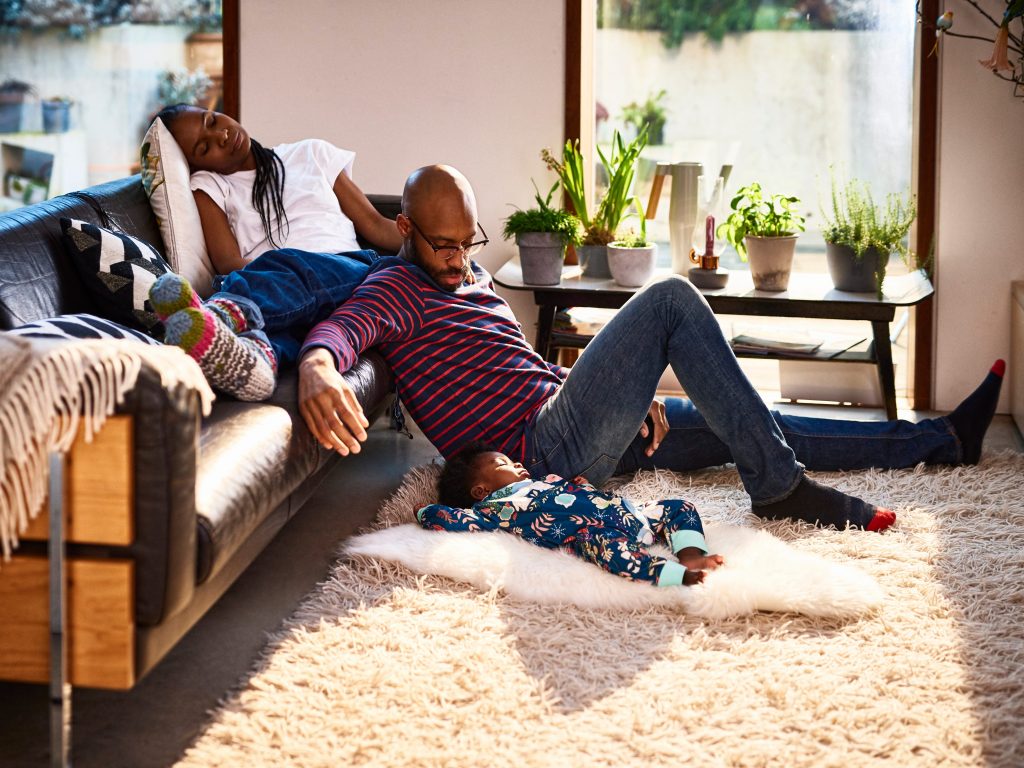- The US birth rate increased slightly this year, after seven years of decline.
- Economists and politicians have been worried that the aging population would lack young workers.
- But some economists say a declining birth rate also represents more economic equity for women.
It's looking like some Millennials have decided it's finally time to have a kid.
In 2021, the United States experienced its first overall increase in the number of births since 2014, after a large decline during the first year of the pandemic, according to data released by the National Center for Health Statistics on Tuesday. The new data comes after seven years of declining birth rates as Americans of childbearing age — mostly Millennials — choose to forgo or delay parenthood due to changing lifestyles, economic turmoil, and climate crisis.
In 2021, Americans had 3.66 million babies. That's 1% more than in 2020 and a large reversal from the 3.8% drop between 2019 and 2020. Before that, the annual decline has hovered around 2% since 2014. White and Hispanic women saw a slight uptick in births this year, while Black, Asian, and American Indian/Alaskan Native women continued to experience a decline.
But don't get used to a rising birth rate. Postponed pregnancies from 2020, as well as less contraceptive and abortion access, could have influenced 2021 birth rates.
According to economists, several factors explain why people have been having fewer kids over the last decade: the recession limited the resources they need to support families, for instance, like stable housing and a childcare budget. Sexual health education and access to birth control have helped reduce teen pregnancies, the number of which continued to decline last year. And many millennials have decided that having kids simply isn't worth it in this economy.
Despite the news, births in the US remain significantly less than historic highs, and well-below the replacement rate, the rate needed to maintain the current population size. A birth rate decline might leave America with too few people of working age to support its growing elderly population, who need a working population to pay for programs like Social Security, and to fill jobs in fields like home assistance. One solution, according to the International Monetary Fund, is to encourage immigration to grow the nation's population of young people.
On the flip side, a declining birth rate represents increased economic equity for women, Christine Percheski, associate professor of sociology at Northwestern University, told Insider's Hillary Hoffower last year. Women, Percheski said, are choosing to stay in school longer and get married later. The Pew Research Center found that the more educated a woman is, the more likely is to postpone having a child until her 30s.
"It's about women having access to education and employment opportunities," Percheski said. "It's about the rise in individualism. It's about the rise in women's autonomy and a change in values."
